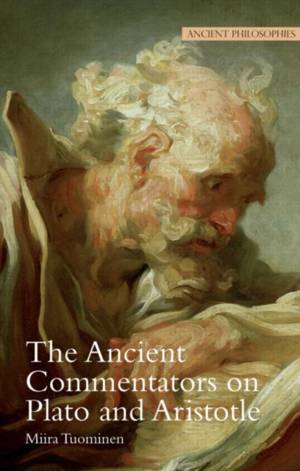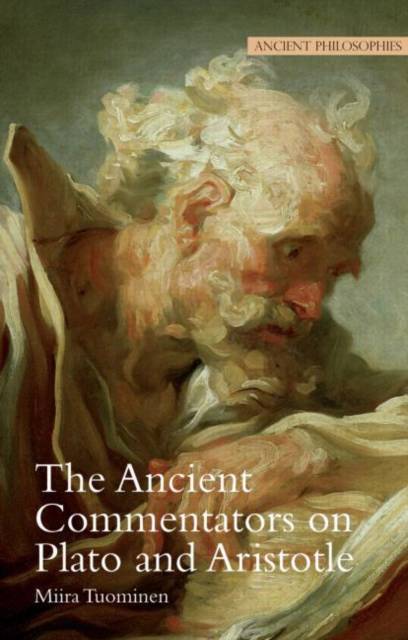
- Afhalen na 1 uur in een winkel met voorraad
- Gratis thuislevering in België vanaf € 30
- Ruim aanbod met 7 miljoen producten
- Afhalen na 1 uur in een winkel met voorraad
- Gratis thuislevering in België vanaf € 30
- Ruim aanbod met 7 miljoen producten
Zoeken
Omschrijving
In late antiquity the works of Plato and Aristotle were subject to intense study, which eventually led to the development of a new literary form, the philosophical commentary. Until recently these commentaries were understood chiefly as sources of information for the masters - Plato and Aristotle - they commented upon. However, in recent years, it has become increasingly acknowledged that the commentators themselves - Aspasius, Alexander, Themistius, Porphyry, Proclus, Philoponus, Simplicius and others - even though they worked in the Platonist - Aristotelian framework, contributed to this tradition in original, innovative and significant ways such that their commentaries are philosophically important sources in their own right. This book provides the first systematic introduction to the 'philosophy' of the commentators: their way of doing philosophy and the kind of philosophical problems they found interesting.Although there was no philosophy of the commentators in the sense of a definite set of doctrines, Tuominen shows how the commentary format was nevertheless a vehicle for original philosophical theorizing and argues convincingly that the commentators should take their place alongside other philosophers of antiquity in the history of western philosophy.
Specificaties
Betrokkenen
- Auteur(s):
- Uitgeverij:
Inhoud
- Aantal bladzijden:
- 256
- Taal:
- Engels
- Reeks:
Eigenschappen
- Productcode (EAN):
- 9781844651627
- Verschijningsdatum:
- 27/04/2009
- Uitvoering:
- Hardcover
- Formaat:
- Genaaid
- Afmetingen:
- 138 mm x 216 mm
- Gewicht:
- 452 g

Alleen bij Standaard Boekhandel
+ 418 punten op je klantenkaart van Standaard Boekhandel
Beoordelingen
We publiceren alleen reviews die voldoen aan de voorwaarden voor reviews. Bekijk onze voorwaarden voor reviews.











